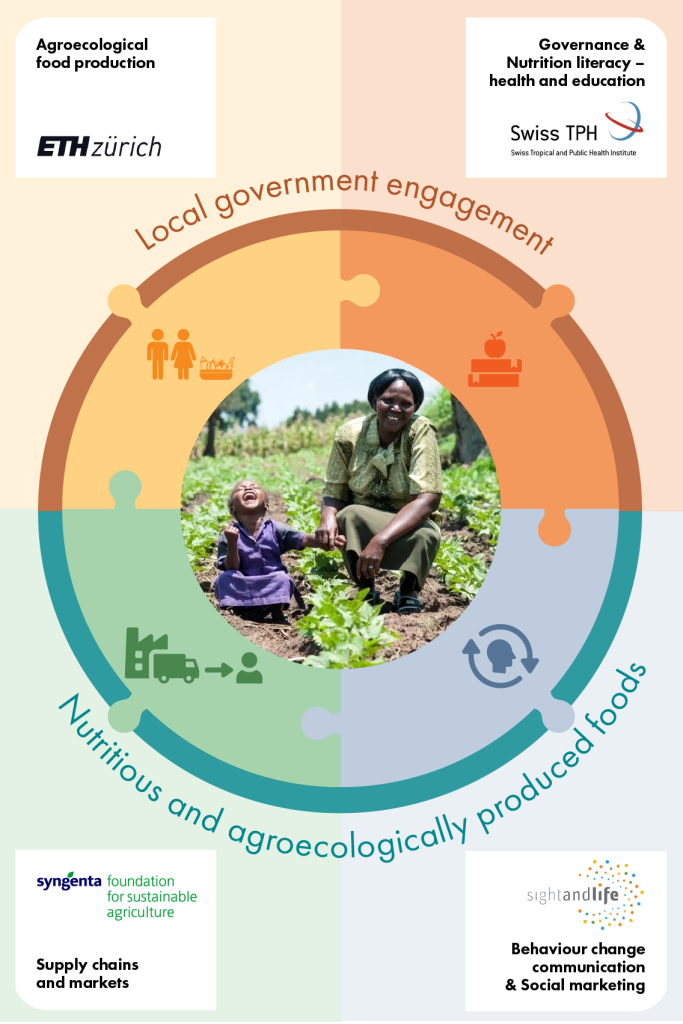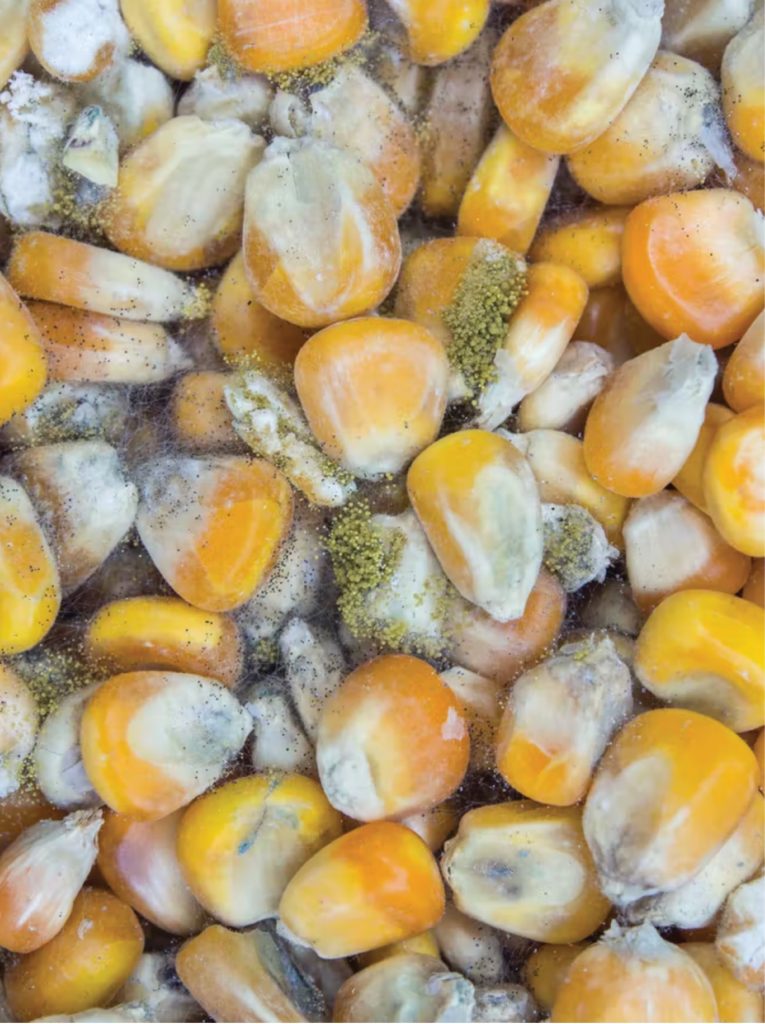Improving the bioavailability of nutrients in plant-based diets in low- and middle-income countries

Approximately 4 billion people live primarily on a plant-based diet, out of which 50% suffer from micronutrient deficiencies. Plant-based diets are nutritionally poor and contain high levels of absorption inhibitors. This leaves them at high risk for malnutrition.
However, decades of research and 21 robust clinical trials have offered a ray of light: the enzyme phytase, when added to cereals, legumes, nuts, and other plant-based foods, improves protein digestibility and absorption of calcium, zinc, and iron by 2 to 5 times.
This is a more cost-effective solution than relying on animal-source foods for bioavailable nutrients, and we are in the process of developing 2 affordable phytase-based food products each in India and Nigeria. Developed after extensive market and consumer research, these products will be stable, high quality, effective, and aligned to market incentives and consumer behavior.
Our research and innovation in this area will be available as open-access content for the greater public good, and our proof-of-product has already led philanthropies to fund further research on the delivery of phytase for all age groups.
The scale-up of phytase has the potential to tackle protein and mineral deficiencies across communities, geographies, and age groups, leading to dramatic improvements in the global nutritional gap.
More impact stories we are proud of
Discover more
What we do
Discover the principles and work that shape our impact
Why tackle malnutrition
Understand how malnutrition affects our collective future
Our projects
Explore our innovative work to close the nutrition gap across LMICs
Global footprint
Discover our key projects across the world












